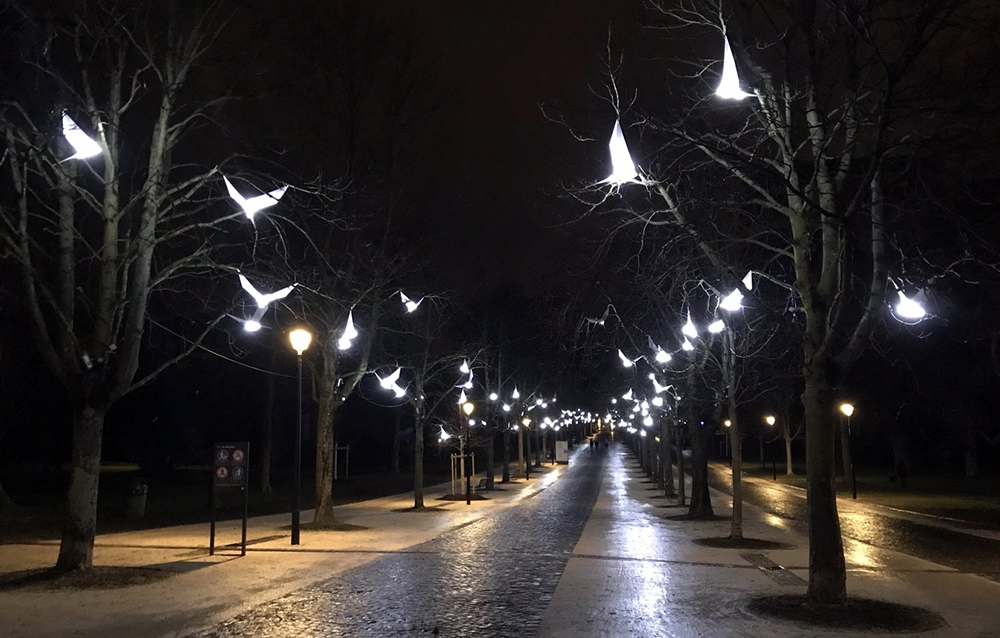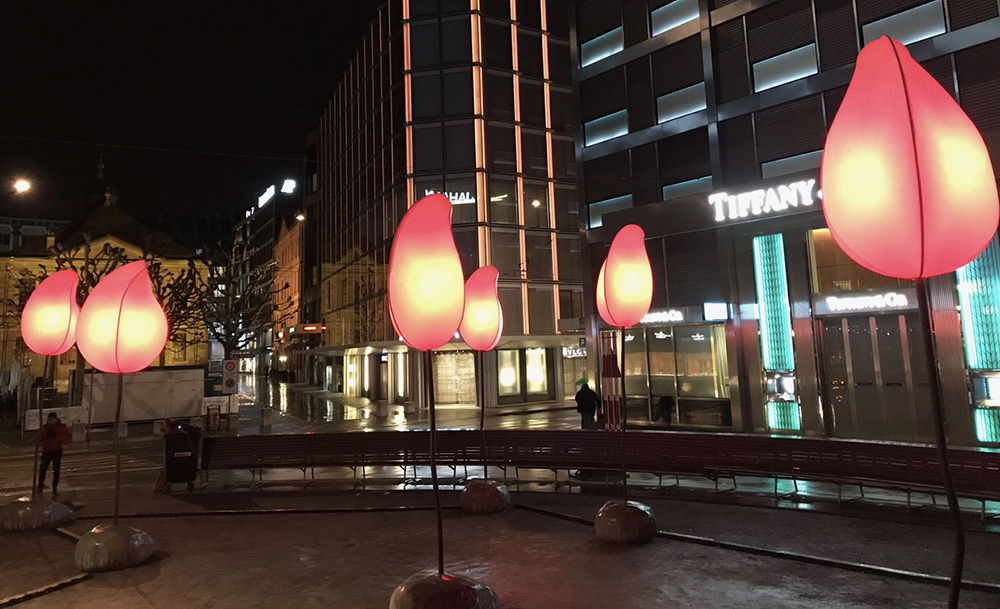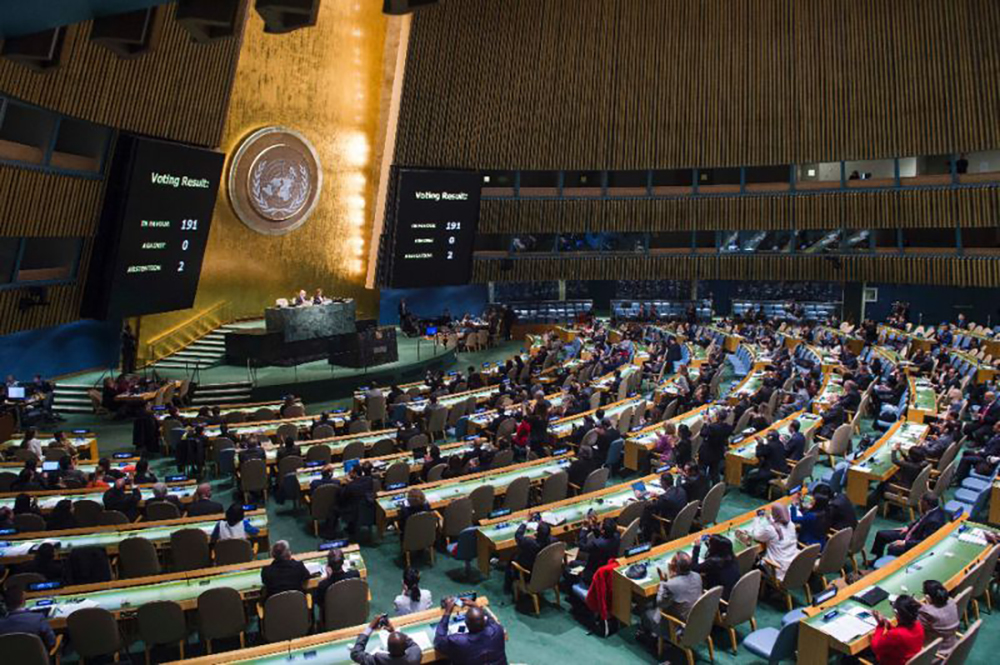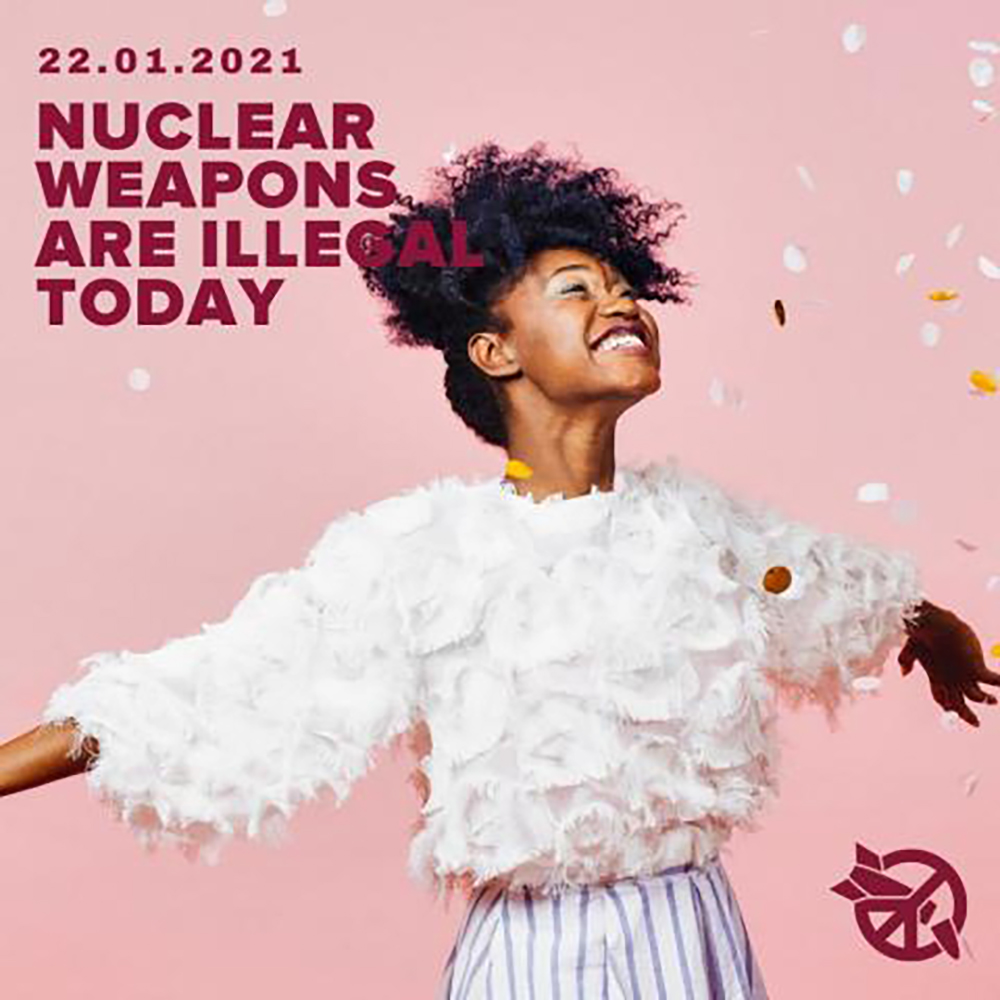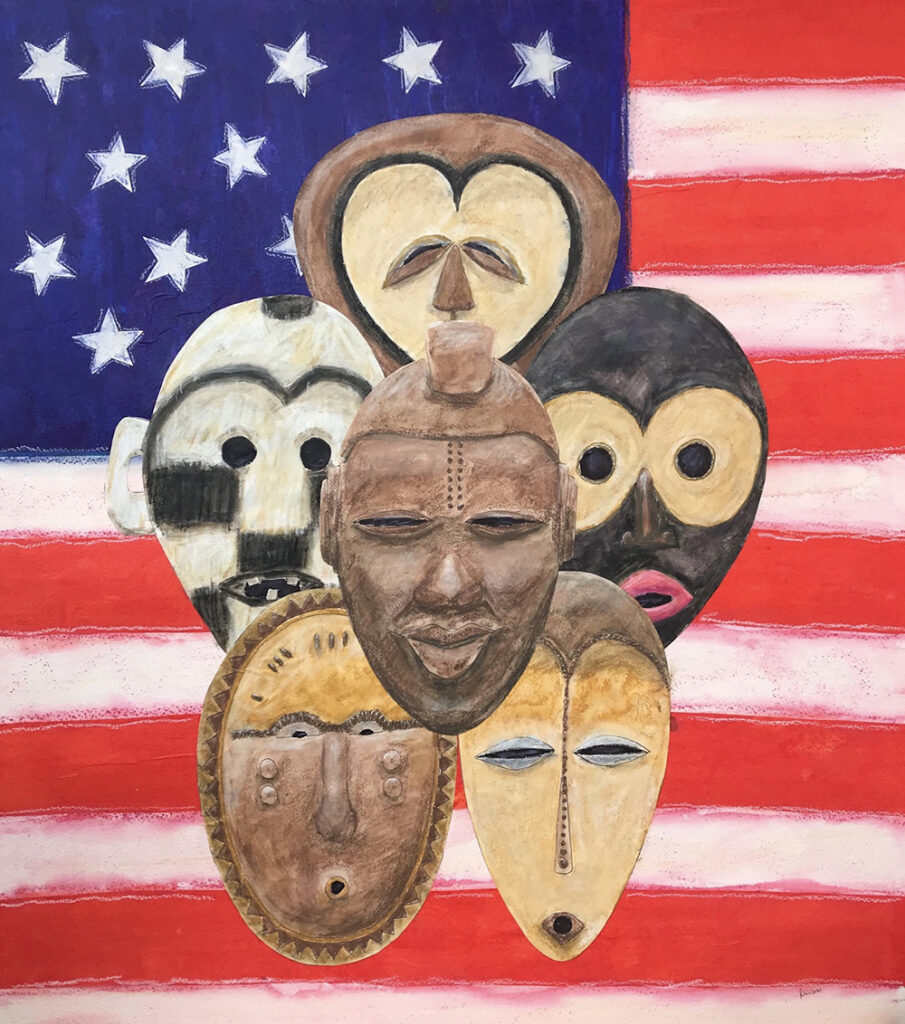Geneva, 14 February, 2021
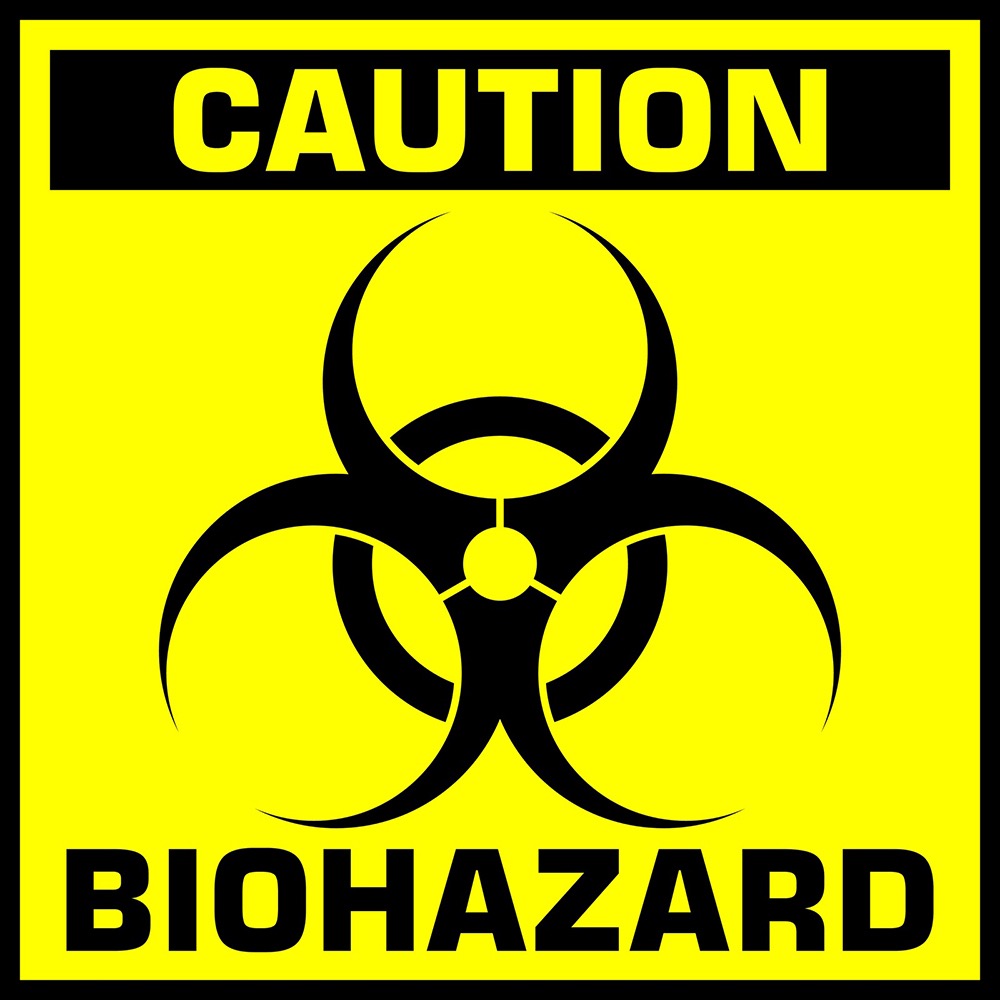
There is a basic principle of pharmacology: that the only difference between a drug and a poison is the dose. What better example than botulinum toxin. This bacterial poison causes botulism by paralysing muscles and is said to be the most toxic of all toxins. In tiny injected doses it is… you’ve got it…. botox! Now, it was said that in his day, the roguish Saddam Hussein had hidden in his sand-pit of mass destruction 1,000 litres of botulinum toxin. This was enough, according to one report, to kill the whole human population assuming that the contents of this microbial hobble-bubble could somehow be distributed throughout the whole human population.
Last week I took a stroll with a friend who is steeped in public health matters. We agreed that if we view the virus responsible for COVID-19 from its biological / evolutionary perspective, it is truly remarkable. This little tooled-up single strand of RNA, unlike botulinum toxin, has worked out its own distribution mechanism to poison the whole human population – and could still achieve this – by using…. da-da-daah… humans! Brilliant! That then got us thinking about what the total biomass of this virus might be. Would it fill a swimming pool? Or would it fill a beer glass? By surprising coincidence, I heard the following day that BBC science had set two scientists independantly the task of making precisely this calculation; one concluded a wine glass and the other a shot glass. Yes, were you to take all the viruses that are currently doing their pandemic round-the-world cruise, you could put them in a glass, swirl them around, sniff them and then take a sip. (Don’t try this at home.) This little tinker clearly out-does botulinum toxin on every front.
Staying with matters of the virus’s spread…. The Chinese authorities eventually permitted an international team from WHO access to Wuhan, the presumed site of origin of the COVID-19 coronavirus, on 14 January. Three weeks later the team is back in Geneva. Wow! That was quick! Their rather predictable, politically convenient but quite possibly correct conclusion is that the source of the virus was an unidentified animal or animals and that a leak from a laboratory is “extremely unlikely.” However, implying that laboratory leaks of important pathogenic organisms are “extremely rare” points a lack of historical perspective. Have Sverdlovsk, Janet Parker and the UK’s foot and mouth outbreak been forgotten? A good read on all this with its political implications was published yesterday by my full-of-common-sense friend Filippa Lentzos in the Bulletin of the Atomic Scientists. Filippa picks apart the WHO team’s report, points out that the WHO hierarchy may not agree with it and lays bare the political stakes.
As if to muddy the waters, a study, published last week in the European Journal of Epidemiology, concluded that the virus responsible for COVID 19 might have been circulating in France early in November 2019. It cites the findings of an earlier report that the virus could have been circulating in Italy in September 2019. All this of course will bring a smile to the test tube of any Chinese virologist. Could it be, though, that the virus was already on the wing in autumn of 2019 and one variant was first identified in Wuhan? I can just see the WHO from our balcony here in Geneva. Perhaps I should brave the snow, cross town and knock on the institution’s front door with a “Oi! Whats going on ‘ere then?” But then I have to remind myself that when it comes to a subject such as this, the political tactics and media scoops play out over days whilst reliable science takes months if not years but will, in the end, arrive at something resembling the truth.
Otherwise the COVID-19 news is dominated by uncertainties relating variants and vaccines. To what extent do the different vaccines reduce transmission of the virus and its UK, South African and Brazilian variants? Will the different COVID-19 vaccines be as effective (in terms or reducing severe infections) against the variants? If not, will the second vaccine dose make a difference? Can different vaccinations be used for the first and second dose? In relation to these variants, does the protective effect of the different vaccines vary according to age of the person being vaccinated? If your country plans to issue “vaccination certificates,” will they be worthless-until-proven-otherwise with the arrival of a new variant? Our best scientists will answer these questions and more over the months to come, but the cold reality is dawning; we will be playing variant – vaccine catch-up for rest of 2021 and maybe for years to come. On this, I realise my opinion is no more welcome than a vocal vegan at a Trump rally.

